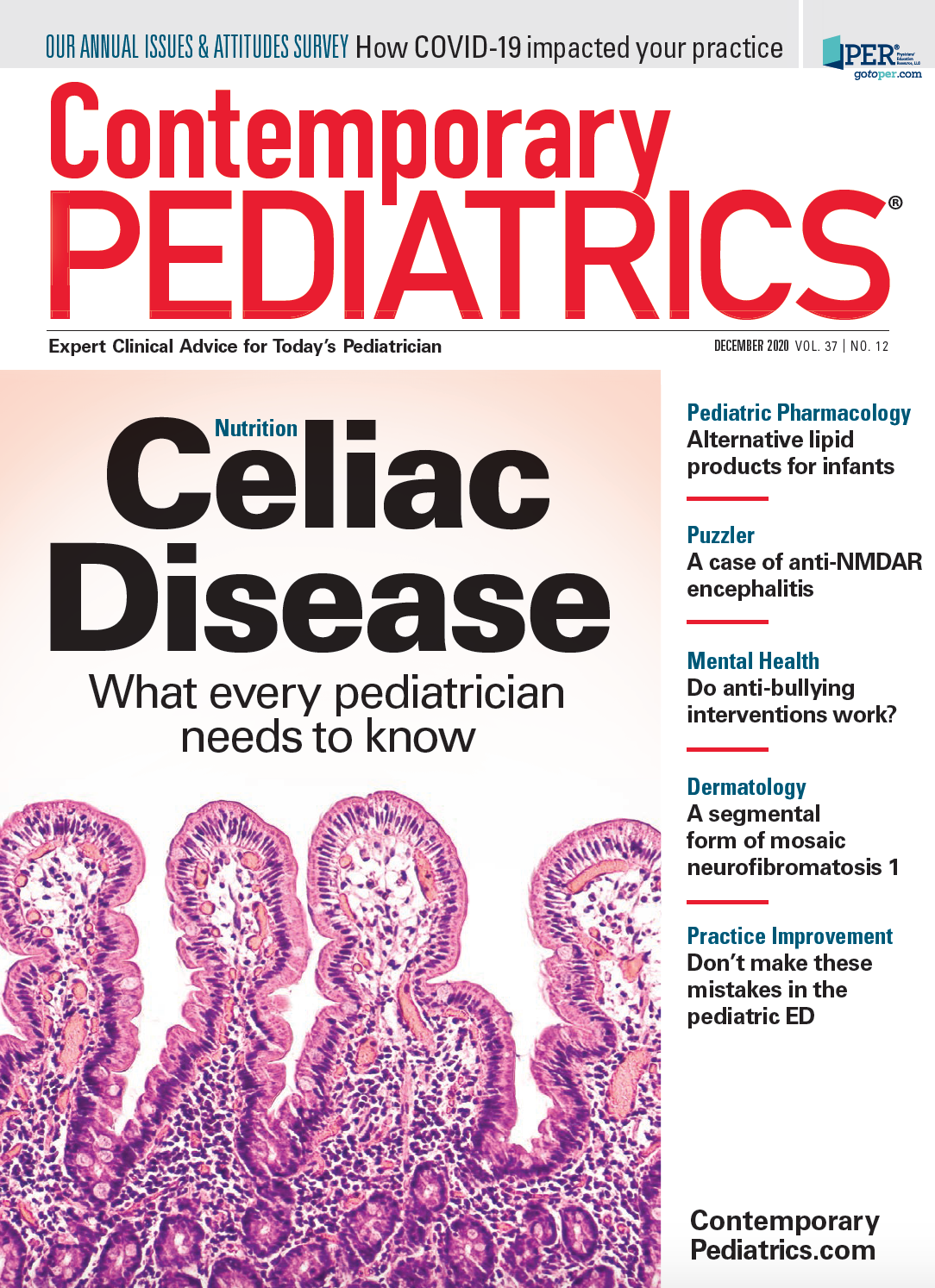Prefilled pen may be a better way to deliver methotrexate to children with JIA
Prefilled syringes have been the way that many children with juvenile idiopathic arthritis get their methotrexate. A pilot study examines if prefilled pens might be a better option.
When methotrexate (MTX) is administered to patients with juvenile idiopathic arthritis (JIA) using a prefilled pen, the procedure is associated with less pain and fewer side effects than when a conventional prefilled syringe is used, according to a study conducted at a pediatric rheumatology center in Poland.
The 23 patients with JIA, who ranged from 2 to 18 years of age (mean age, 11.7 years) were receiving subcutaneous MTX therapy using a prefilled syringe at the start of the study. After completing a questionnaire evaluating their experience with this device, they began a 1-month period of using the prefilled pen and then completed the same questionnaire to document their experience with the new delivery system. Participants also indicated their overall preference for the pen or syringe. Caregivers completed these questionnaires when they, not the patients themselves, administered the MTX.
Almost 83% of patients or caregivers preferred the prefilled pen to the syringe for administering MTX, citing it as easier to use despite having considerably more experience with the syringe. Moreover, injection with the prefilled pen was considered less painful than with the prefilled syringe. Finally, side effects of MTX were less pronounced after treatment with the prefilled pen, particularly with regard to nausea, vomiting, and abdominal pain (Roszkiewicz, J, et al. Pediatr Rheumatol. 2020; Epub ahead of print).
Thoughts from Dr. Farber
I am in favor of anything that reduces pain safely. In the near future, more children will be receiving injections of biologics for conditions such as Crohn’s disease, lupus, and asthma. We will see if the pen proves mightier than the syringe.

Having "the talk" with teen patients
June 17th 2022A visit with a pediatric clinician is an ideal time to ensure that a teenager knows the correct information, has the opportunity to make certain contraceptive choices, and instill the knowledge that the pediatric office is a safe place to come for help.
Meet the Board: Vivian P. Hernandez-Trujillo, MD, FAAP, FAAAAI, FACAAI
May 20th 2022Contemporary Pediatrics sat down with one of our newest editorial advisory board members: Vivian P. Hernandez-Trujillo, MD, FAAP, FAAAAI, FACAAI to discuss what led to her career in medicine and what she thinks the future holds for pediatrics.
Study finds reduced CIN3+ risk from early HPV vaccination
April 17th 2024A recent study found that human papillomavirus vaccination when aged under 20 years, coupled with active surveillance for cervical intraepithelial neoplasia grade 2, significantly lowers the risk of cervical intraepithelial neoplasia grade 3 or cervical cancer.